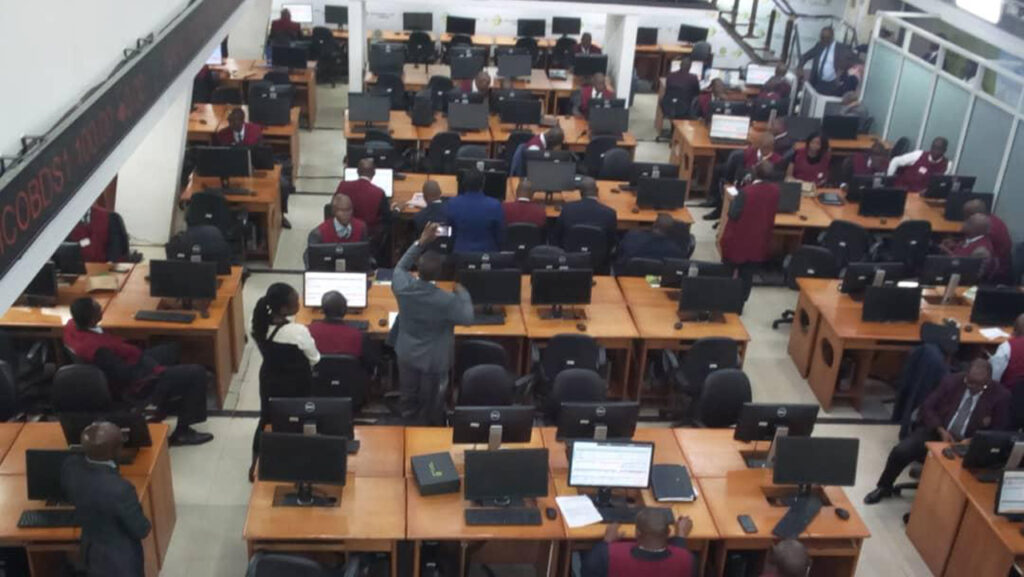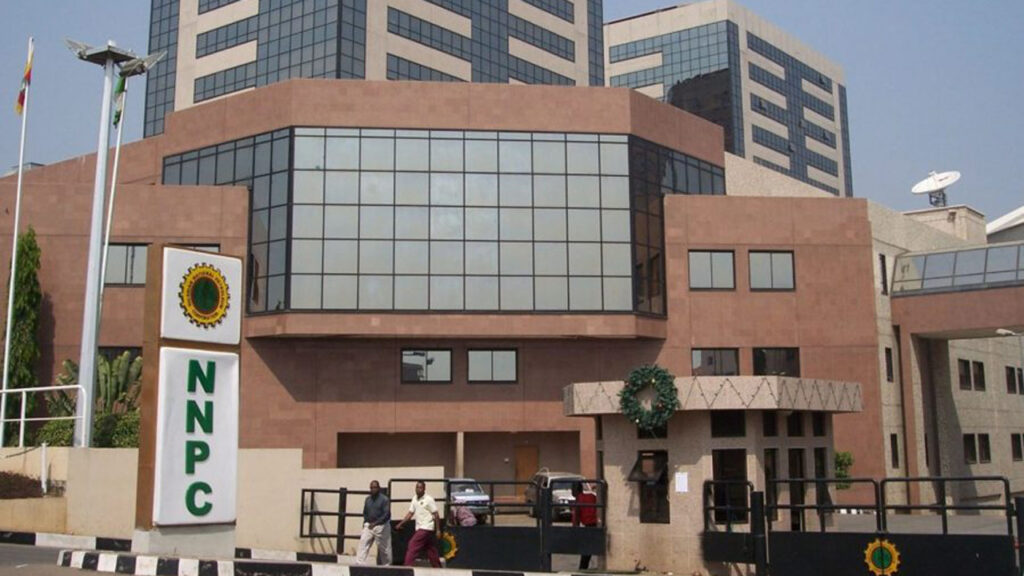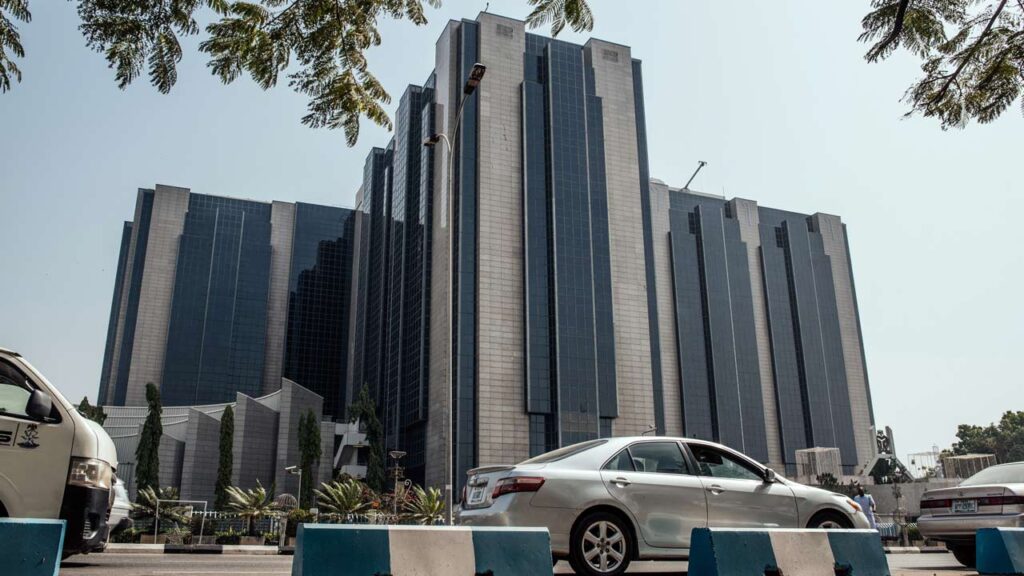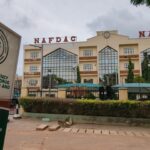
The International Agro Original Equipment Manufacturers (OEM) has called for the exemption of all agriculture equipment from all forms of taxes, import duties, Value Added Tax and other levies for at least two years to enable Nigeria to become self-sufficient in food production.
The Chairman of Eurobase Consulting Limited and Country Representative of 20 OEMs, Don Ekesiobi, argued that if Nigeria must achieve self-sufficiency in food production, the country must fully mechanise its agricultural sector and ensure farmers have access to equipment at a cheaper rate.
He added that prices of equipment have not changed at their original destinations. Still, unfortunately, the tax levies, and import duties among others, made the equipment beyond the reach of farmers.
Ekesiobi, while speaking yesterday in Abuja at the Agriculture Mechanisation Expo with the theme: “Sustainable Food Security and Agro Produce Export through Mechanisation,” lamented that Nigeria was yet to become an investment destination as it used to be in the seventies and eighties.
Hence, he appealed that agro equipment, crop biostimulants, insecticides, crop water retention agents and other crop base food, should be exempted from the National Agency for Food and Drug Administration Council (NAFDAC) registration fees including the imposed $11,000 for NAFDAC visit to parent company, which local company are forced to pay.
He emphasised that the bottlenecks must be removed for local investment to be revived, otherwise, investors will continue to move to other African countries, where such fees are like a taboo. He added that the Standards Organisation of Nigeria (SON) should also exempt all agricultural equipment coming into the country from SONCAP fees.
Ekesiobi pointed out that China feeds 22 per cent of the world’s population despite having seven per cent of arable land but Nigeria is unable to feed its citizens despite having 34 million hectares and earning only N1.23 trillion from exports.
He said France, on the other hand, has 28 million hectares of arable land and earns $68 billion from export, Netherlands’ arable lands are 4.15 hectares with $79.3 billion export, while Germany’s arable land is about 11.664 hectares with about $70.8 billion export.
Stressing the need to change the narrative, Ekesiobi harped on the need to adopt mechanisation and ramp up efforts to feed ourselves as well as target feeding 10 per cent of the world population.
He mentioned that the benefit of public-private partnership is huge as their partners have a big capacity to engage each state of the federation on their areas of comparative advantage and help boost food production.
Ekesiobi however, called on the government to strongly partner with Eurobase on this mechanisation drive, saying the collaboration will bring a quantum leap in food production, eliminate sharp practices by portfolio contractors, who deceive the ministry with multiple companies and buy back subsidized equipment meant to reach the poor holder small farmers in the rural area.
The Minister of Agriculture and Food Security, Senator Abubakar Kyari, in his address noted that the Agriculture Mechanisation Expo marks a significant milestone in the current efforts to harness the power of technology and innovation to address the critical challenges facing the agricultural sector.
He highlighted the challenges facing the sector to include low productivity, post-harvest losses, and limited access to modern farming techniques and equipment, saying diversifying the economy does not happen overnight, but requires strategic planning and conscious investments in agriculture and agribusinesses, nurturing small and medium enterprises, and creating an enabling environment that fosters innovation within and across borders.
He said together, we must break down barriers, facilitate cross-border cooperation and partnerships, and leverage technologies in unlocking the full potential of the agricultural sector as mechanized agriculture holds the key to unlocking the full potential of the agricultural sector, empowering farmers, and transforming rural communities.”













